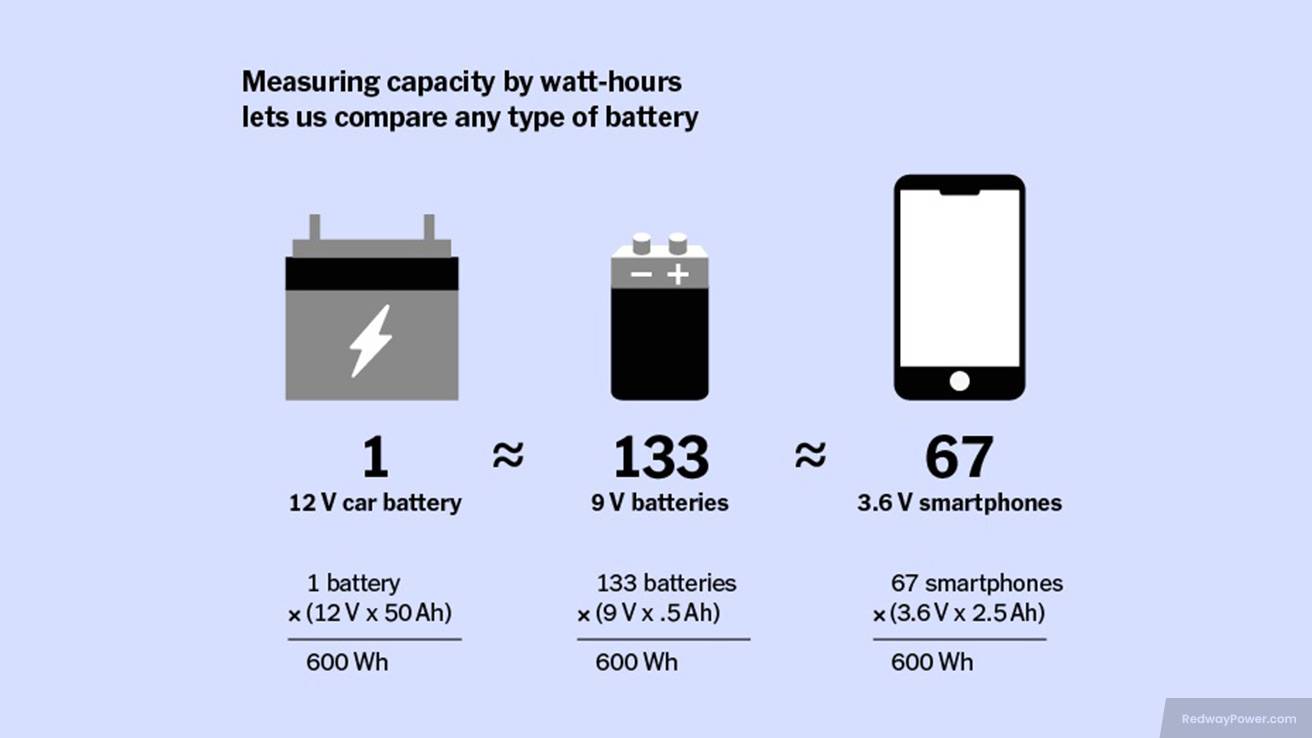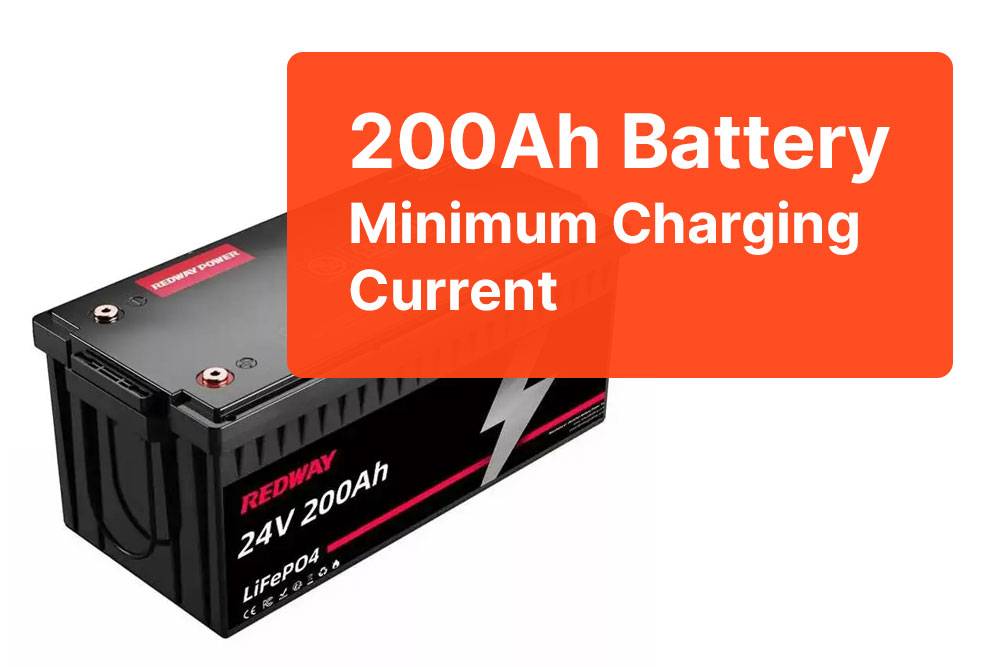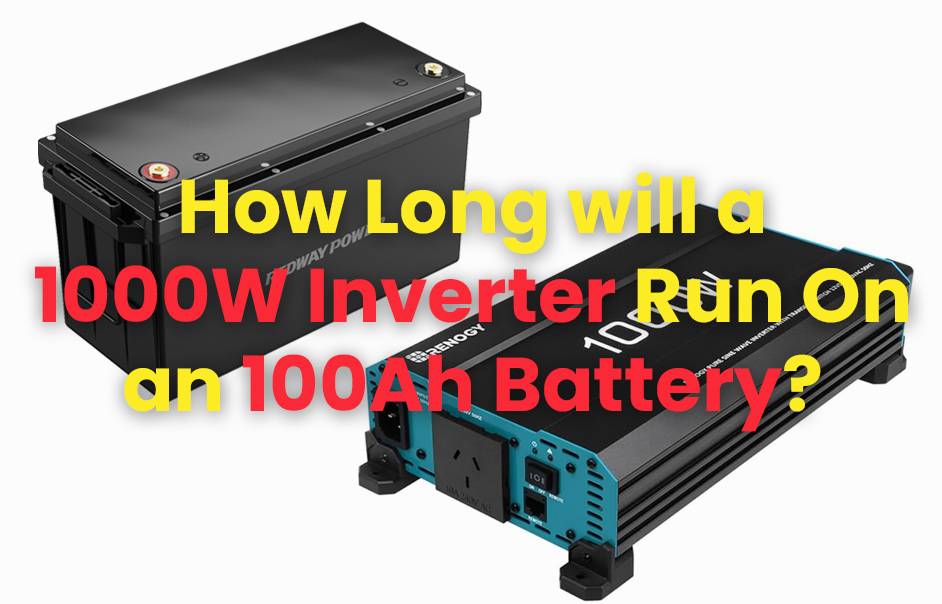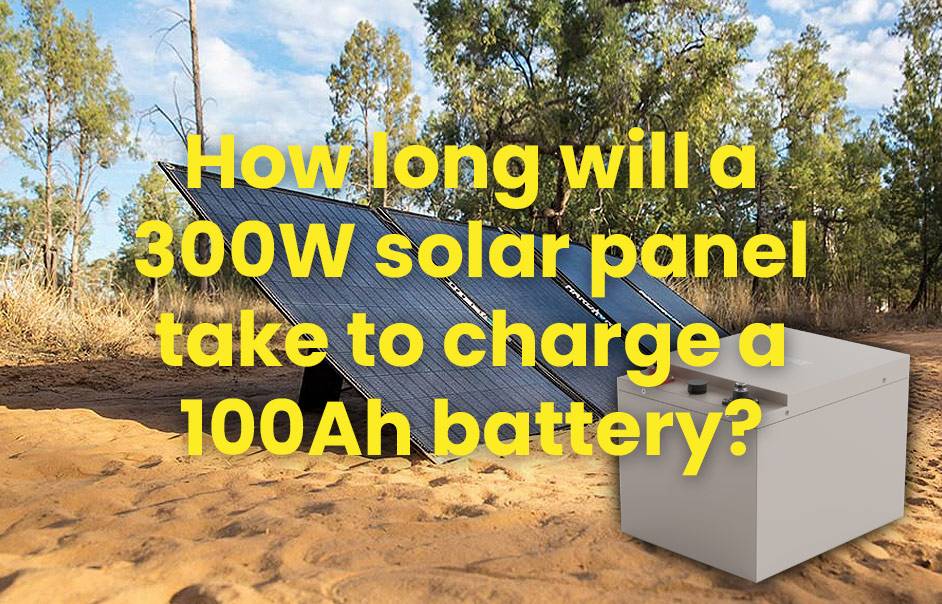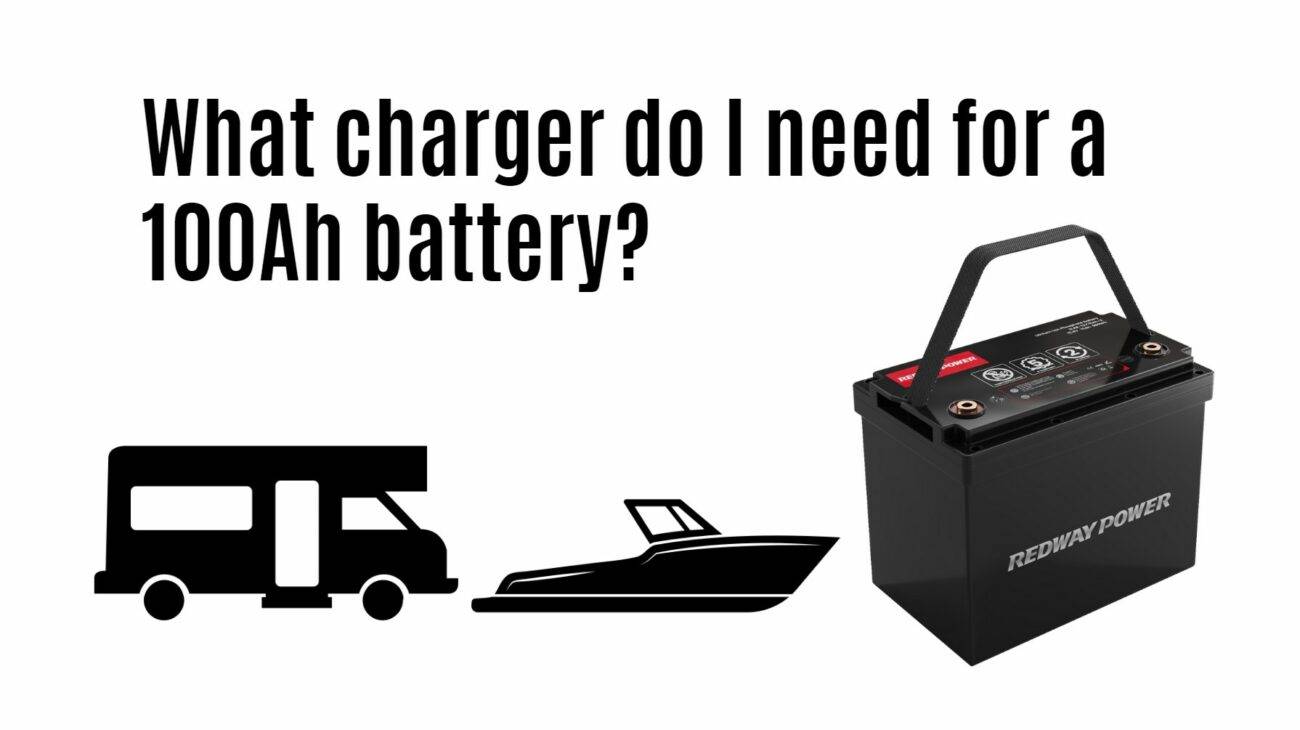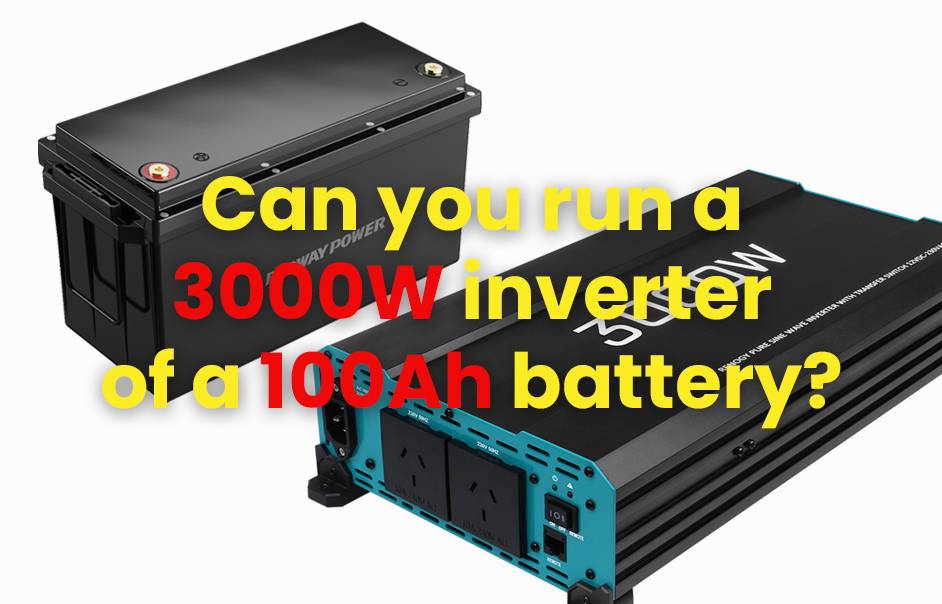
Blog
What Is the Minimum Charging Current for a 100Ah Battery?
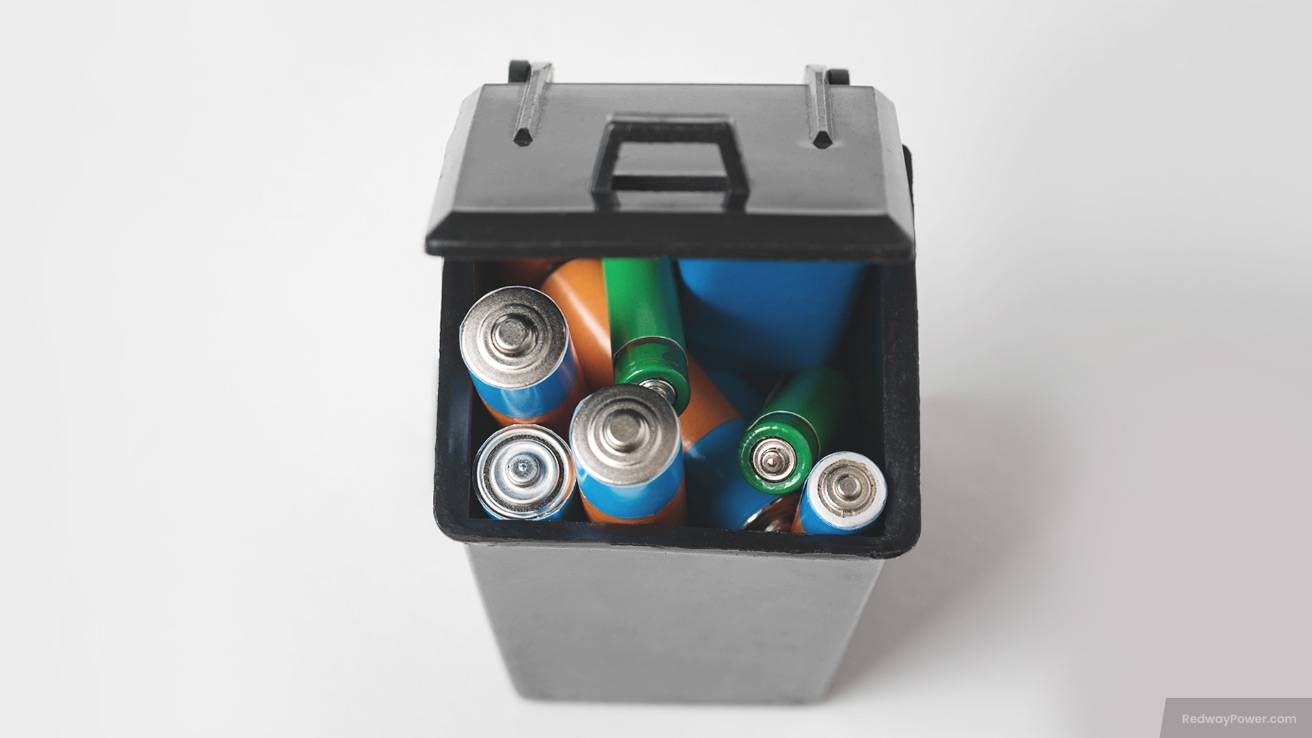
Table of Contents
ToggleWhat Is the Minimum Charging Current for a 100Ah Battery?
For a 100Ah battery, particularly types like AGM (Absorbent Glass Mat) or flooded lead-acid batteries, a common rule of thumb suggests that the minimum charging current should be between 10% and 25% of the battery’s capacity. Therefore, this translates to:
Wholesale lithium golf cart batteries with 10-year life? Check here.
- Minimum: 100Ah×0.10=10A100Ah×0.10=10A
- Maximum: 100Ah×0.25=25A100Ah×0.25=25A
This means that using a charger within this range will help ensure that the battery charges efficiently and safely.Chart: Minimum Charging Current Recommendations
| Battery Capacity (Ah) | Minimum Current (A) | Maximum Current (A) |
|---|---|---|
| 100 | 10 | 25 |
How to Calculate the Minimum Charging Current?
To calculate the minimum charging current, you can use this simple formula:
For example, if you want to determine the minimum charging current at 10%:
If you choose 20% as your charging rate:
Want OEM lithium forklift batteries at wholesale prices? Check here.
This calculation helps you select an appropriate charger based on your specific needs.
What Factors Influence Charging Current Recommendations?
Several factors influence what charging current is recommended:
- Battery Type: Different battery chemistries (lead-acid, lithium-ion, etc.) have varying requirements.
- State of Charge: A deeply discharged battery may require a higher initial current to begin charging effectively.
- Manufacturer Guidelines: Always refer to specific guidelines provided by battery manufacturers, as they may have unique recommendations.
What Is the Recommended Charging Current for Different Battery Types?
Different types of batteries have different recommended charging currents:
- Lead-Acid Batteries: Typically recommend charging currents between 10% and 25% of their capacity.
- Lithium-Ion Batteries: Often can handle higher currents, usually around 0.5C to 1C, where C is the capacity in Ah.
- AGM Batteries: Similar to lead-acid, with recommendations often falling in the same range.
Chart: Recommended Charging Currents by Battery Type
| Battery Type | Capacity (Ah) | Recommended Charge Rate (%) | Recommended Charge Current (A) |
|---|---|---|---|
| Lead-Acid | 100 | 10% – 25% | 10 – 25 |
| Lithium-Ion | 100 | Up to 1C | Up to 100 |
| AGM | 100 | 10% – 25% | 10 – 25 |
How Do You Determine the Right Charging Current?
To determine the right charging current:
- Check your battery’s specifications or user manual.
- Calculate based on its capacity and desired charging speed.
- Consider environmental factors such as temperature, which can affect performance.
What Are the Consequences of Incorrect Charging Currents?
Using incorrect charging currents can lead to several issues:
- Undercharging: Using too low a current can result in incomplete charges, leading to reduced capacity over time.
- Overcharging: Using too high a current can cause overheating, gassing, and potential damage or failure of the battery.
- Safety Hazards: Overcharging may also pose safety risks such as leaks or explosions in extreme cases.
What Is the Maximum Charging Current for a 12V Battery?
The maximum charging current varies based on battery chemistry:
- For lead-acid batteries, it’s typically recommended not to exceed 30% of capacity, meaning for a 100Ah battery, it should not exceed 30A.
- For lithium-ion batteries, maximum currents can be higher, often up to 1C, allowing for faster recharging.
How Does Battery Chemistry Affect Charging Current?
Battery chemistry significantly impacts how much current can be safely applied during charging:
- Lead-Acid Batteries: Require careful management of charge rates due to their chemical makeup.
- Lithium-Ion Batteries: Can tolerate higher charge rates without damage but still require adherence to manufacturer specifications.
Tips for Battery Wholesale Buyers
When selecting batteries for OEM applications, consider:
- Performance Requirements: Assess energy density, cycle life, and discharge rates needed for your application.
- Cost Efficiency: Evaluate both initial costs and long-term savings associated with battery longevity and maintenance.
- Supplier Reliability: Partner with established manufacturers like Redway Power, which offers high-quality lithium battery solutions backed by over 13 years of experience.
By understanding these factors, buyers can make informed decisions that enhance their product offerings while optimizing performance.
Redway Power Expert Views
“Understanding how to properly charge batteries is essential for maximizing their lifespan,” states an expert from Redway Power. “Using appropriate currents not only enhances performance but also ensures safety during operation.”In conclusion, knowing that a 100Ah battery should have a minimum charging current between 10A and 25A, depending on its type and condition, is crucial for effective energy management in various applications.
FAQ Section
- What is the minimum charging current for a 100Ah battery?
The minimum charging current is typically between 10A and 25A. - How do I calculate the minimum charging current?
Use the formula: Minimum Charging Current (A) = Battery Capacity (Ah) × Percentage. - What happens if I use too low of a charging current?
Using too low of a current may result in undercharging, which limits battery capacity over time. - What are some common types of batteries?
Common types include lead-acid, lithium-ion, and AGM batteries. - How do I know what charger to use?
Always refer to your battery’s specifications or user manual for recommended chargers and currents.




